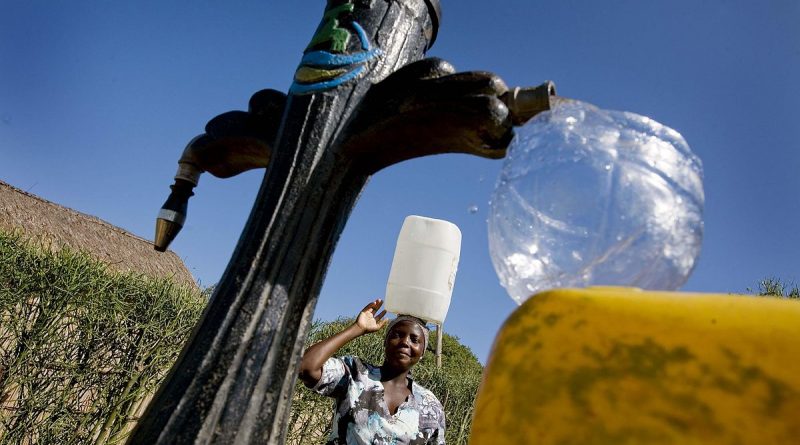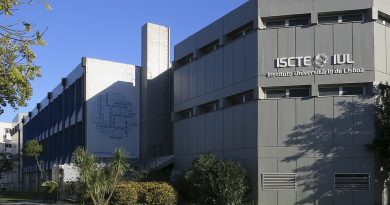Assessing the short-term outcomes of a piped water supply intervention in peri-urban Mozambique
CEI-IUL researcher Ana Rita Sequeira co-authored an article in the Journal of Water, Sanitation and Hygiene for Development providing an evaluation of a water supply intervention in northern Mozambique.
About the research
The research provided a statistically rigorous examination of a variety of key indicators, using pre- and post-intervention data, to show the quantifiable short-term impacts of the intervention. This research is particularly important in better understanding impacts that might be anticipated for peri-urban centres, which are typically considered high-risk for infrastructure investments due to the volatility of economic development, population influx and skills, and a mix of formal and informal markets.
Article abstract
We use data collected as part of a baseline survey in 2012 and a survey 5 months post-intervention in 2014 to assess the short-term outcomes of a water supply intervention in Ribáuè, Mozambique. This intervention included the rehabilitation and expansion of a piped water system, revitalization of water committees, and creation of and capacity building for small-scale private water enterprises. Quantitative results suggest that the intervention led to an immediate significant increase in the use of piped water supply at the expense of unprotected wells and other non-revenue generating forms of unimproved water supply with more than a 2.5-fold increase in the usage of yard taps and water kiosks/standpipes and a 2-fold decrease in the use of unprotected wells. Family water consumption also increased by approximately 40 L/d, and the point-of-use treatment of water nearly tripled. Economic opportunities were generated for business and small enterprise owners due to the new water supply infrastructure, and piped water infrastructure had additional positive effects for both public and private sanitation facilities.
The authors also wrote an article about their research published in the academic research online platform “The Conversation“.
Stand pipe near Maputo, Mozambique / Photo by Kate Holt/AusAID / CC BY 2.0
![]() This work is licensed under a Creative Commons Attribution-NonCommercial-ShareAlike 4.0 International License.
This work is licensed under a Creative Commons Attribution-NonCommercial-ShareAlike 4.0 International License.




